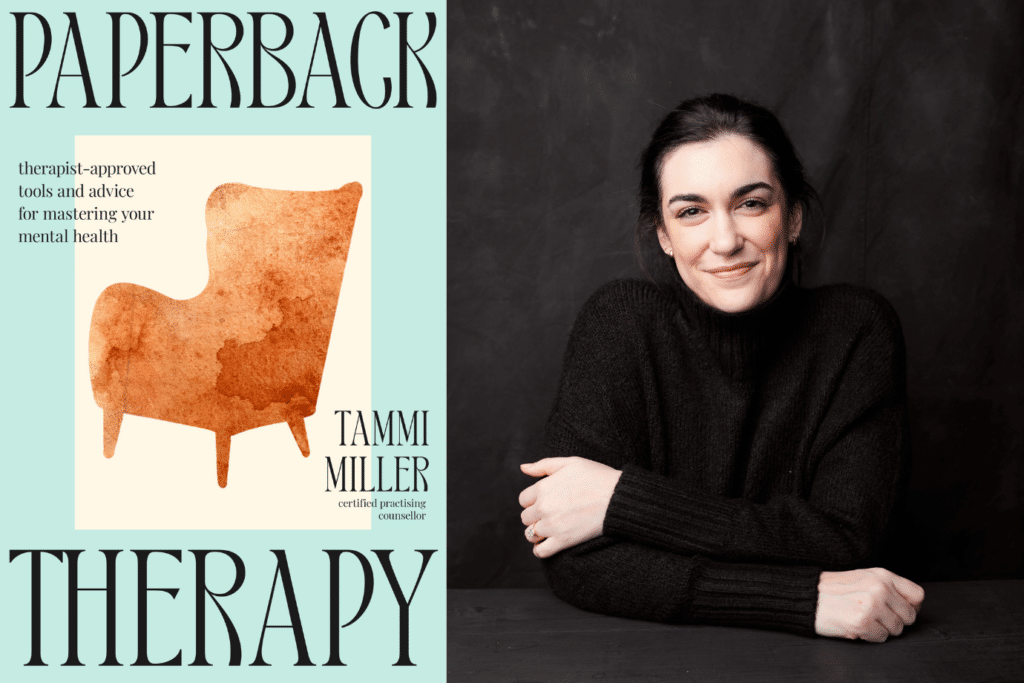Like many during the pandemic, my conversations with friends would almost always turn toward our mental wellbeing and how we were struggling to make it through the days when we couldn’t see our social supports, eat nutritiously or move as well as we usually would.
We thought that once isolation ended, we would ‘bounce back’ and our mental health would once again get better, but it’s been almost four years now and women are still struggling – only now it’s for other reasons.
The latest HILDA study has shown young women experience higher levels of psychological distress than men. And this is coupled with the gender pay gap and cost of living crisis that makes it harder for women to afford therapy. So how can we maintain our mental wellbeing when we’re juggling financial strain, a heavy mental load, and the patriarchy?
As a certified practising counsellor, and a client myself, I am a huge believer in therapy. Having a trusted someone who can guide you through adversity and ‘stucks’ to better your life, without judgement, should be a must. But actually, it’s a privilege.
That’s why I wrote, Paperback Therapy: Therapist-approved tools and advice for mastering your mental health. It’s a guide to therapy and mental wellbeing for those who cannot yet prioritise the time or funds to attend therapy, such as due to the rising cost of groceries or the extra hours picked up at that second job.

The book includes over 25 exercises to put what is learned into practice, strengthening mental wellbeing strategies such as focusing on what we can and cannot control, identifying we value (and thus, what doesn’t deserve our attention), breath-work for anxiety management, goal setting and more.
Importantly, the book isn’t a substitute for therapy. I still whole-heartedly believe people should see their own therapist for tailored support for their mental health. However, I’m also a realist and it just isn’t possible for so many Australians to afford consistent sessions in-the-room. On average, the cost of a fifty-minute session in Australia starts at $100 and may cost more than $3001,2 – and that’s with the ‘Better Access’ Medicare rebate.
Australians can use Paperback Therapy as part of their mental wellbeing toolkit – to increase their mental health literacy about how and why feelings of anxiety or sadness may appear, to dip into and use the exercises to become emotionally resilient, to learn how to set boundaries and advocate for what they want from their relationships or jobs, and more.
Other items in the toolkit could include a strong network of social supports, a list of Five Joyful Things to turn to for a hit of dopamine (the feel good hormone), nutritious food and movement, using positive language, taking medication and, of course, the name of a good therapist for when you’re ready and able to see one in real life.

